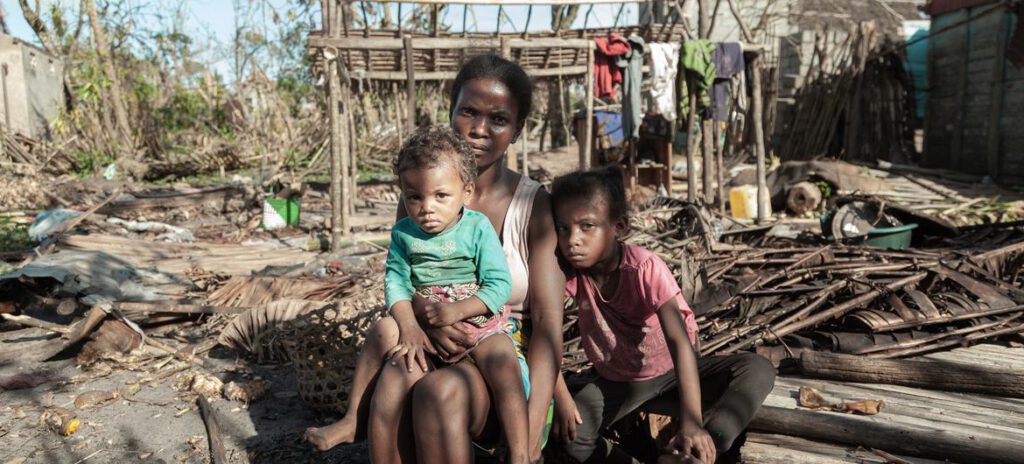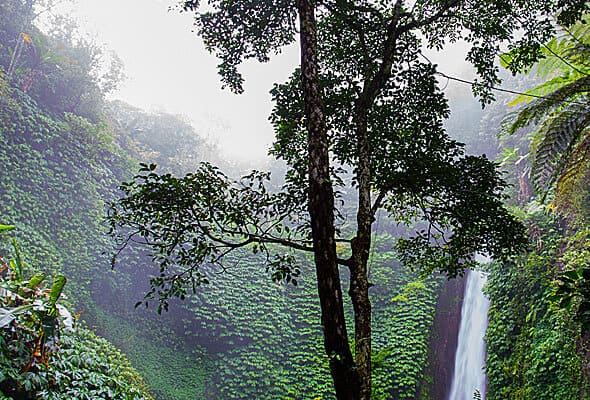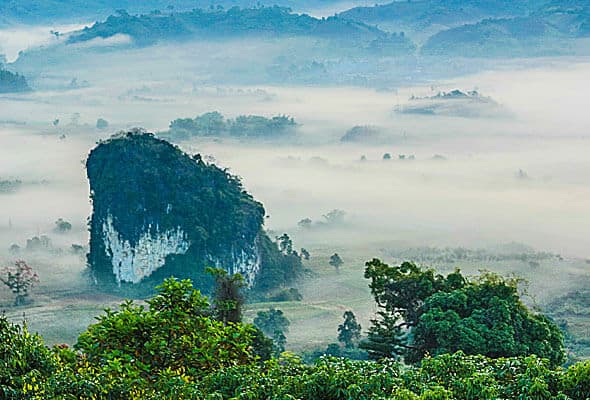Projects- save tree , save nature and save human

पर्यावरण रक्षकों के अधिकारों की रक्षा सुनिश्चित किये जाने की पुकार1 मार्च 2022
संयुक्त राष्ट्र मानवाधिकार उच्चायुक्त मिशेल बाशेलेट ने पृथ्वी की रक्षा में जुटे पर्यावरण कार्यकर्ताओं की रक्षा किये जाने की पुकार लगाई है. यूएन मानवाधिकार प्रमुख ने सचेत किया है कि इन कार्यकर्ताओं को अक्सर आवाज़ बुलन्द करने की क़ीमत अपने प्राणों से चुकानी पड़ती है .स्रोत- संयुक्त राष्ट्र समाचार

वनों में आग लगने की घटनाएं बढ़ने की आशंका, ‘तैयार नहीं हैं सरकारें’23 फ़रवरी 2022
संयुक्त राष्ट्र पर्यावरण कार्यक्रम (UNEP) और नॉर्वे में स्थित उसके एक साझीदार संगठन ( GRID-Arendal) की एक रिपोर्ट में जंगलों में आग लगने की घटनाओं की आवृत्ति व गहनता बढ़ने की आशंका जताई गई है. रिपोर्ट के अनुसार, वर्ष 2030 तक इन घटनाओं में 14 प्रतिशत होने की सम्भावना है, जिसकी एक बड़ी वजह जलवायु परिवर्तन और भूमि-इस्तेमाल में बदलाव आना है.
स्रोत- संयुक्त राष्ट्र समाचार

बढ़ती आबादी और जलवायु परिवर्तन के कारण मंडराता जल संकट – WMO की चेतावनी
5 अक्टूबर 2021
जलवायु परिवर्तन के कारण बाढ़, सूखा सहित अन्य जल-सम्बन्धी जोखिमों में वृद्धि हो रही है और आबादी के साथ माँग बढ़ने व जल उपलब्धता में कमी से प्रभावित होने वाले लोगों की संख्या भी बढ़ने की आशंका है. संयुक्त राष्ट्र एजेंसियों ने अपनी एक नई रिपोर्ट में दुनिया पर मंडराते जल संकट पर चेतावनी जारी की है. स्रोत- संयुक्त राष्ट्र समाचार

जलवायु कार्रवाई के अभाव में, चरम मौसम घटनाओं से बढ़ेंगी मानवीय ज़रूरतें
25 फ़रवरी 2022
विश्व खाद्य कार्यक्रम (WFP) ने कहा है कि मेडागास्कर में चरम मौसम घटनाओं का असर, एक उदाहरण है कि कारगर जलवायु कार्रवाई के अभाव में, आने वाले समय में दुनिया को किस तरह बढ़ती मानवीय आवश्यकताओं का सामना करना पड़ सकता है.स्रोत- संयुक्त राष्ट्र समाचार

What ARE the Rights of Nature?
As we all know that the degradation of the environment is happening very fast in the whole world today, the United Nations has warned that we are moving towards “big planetary catastrophe” very fast, so today we all have to be vigilant. Today we all have to be aware that whether the environment has to be saved, there is a coronavirus epidemic or other epidemic, the reason for all this is the waste of the environment. Till the environment is not clean, there will be one epidemic till then, we all need to try to save it together. It means achieving the highest legal protection and the highest social value for nature through recognition of the rights of nature and associated human rights.

The Human Right to a Healthy Environment
Many nations have expanded their body of legal rights to recognize a human right to a healthy environment, including Spain, France, Portugal, Greece, and Finland. However, global warming is accelerating and ecosystems are pushed to collapse.

Rights of Nature Law and Policy
The law has seen the beginning of an evolution toward recognition of the inherent rights of Nature to exist, thrive and evolve. This evolving legal approach acknowledges that the traditional environmental regulatory systems generally described herein regard nature as property to be used for human benefit, rather than a rights-bearing partner with which humanity has co-evolved. Rights of Nature is grounded in the recognition that humankind and Nature share a fundamental, non-anthropocentric relationship given our shared existence on this planet, and it creates guidance for actions that respect this relationship. Legal provisions recognizing the Rights of Nature, sometimes referred to as Earth Jurisprudence, include constitutions, national statutes, and local laws. In addition, new policies, guidelines and resolutions are increasingly pointing to the need for a legal approach that recognizes the rights of the Earth to well-being. Furthermore, educational activities on the rights of Nature are on the increase in the professional and public spheres to advance Earth Jurisprudence worldwide
united nation

